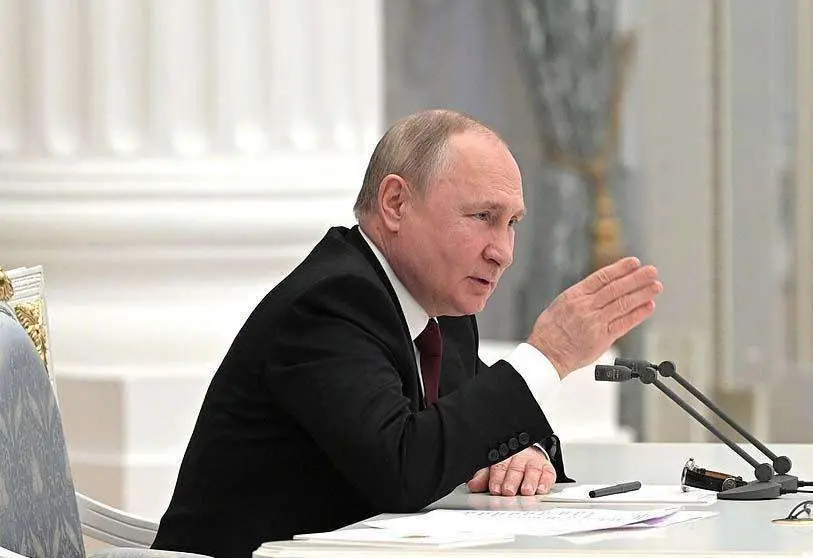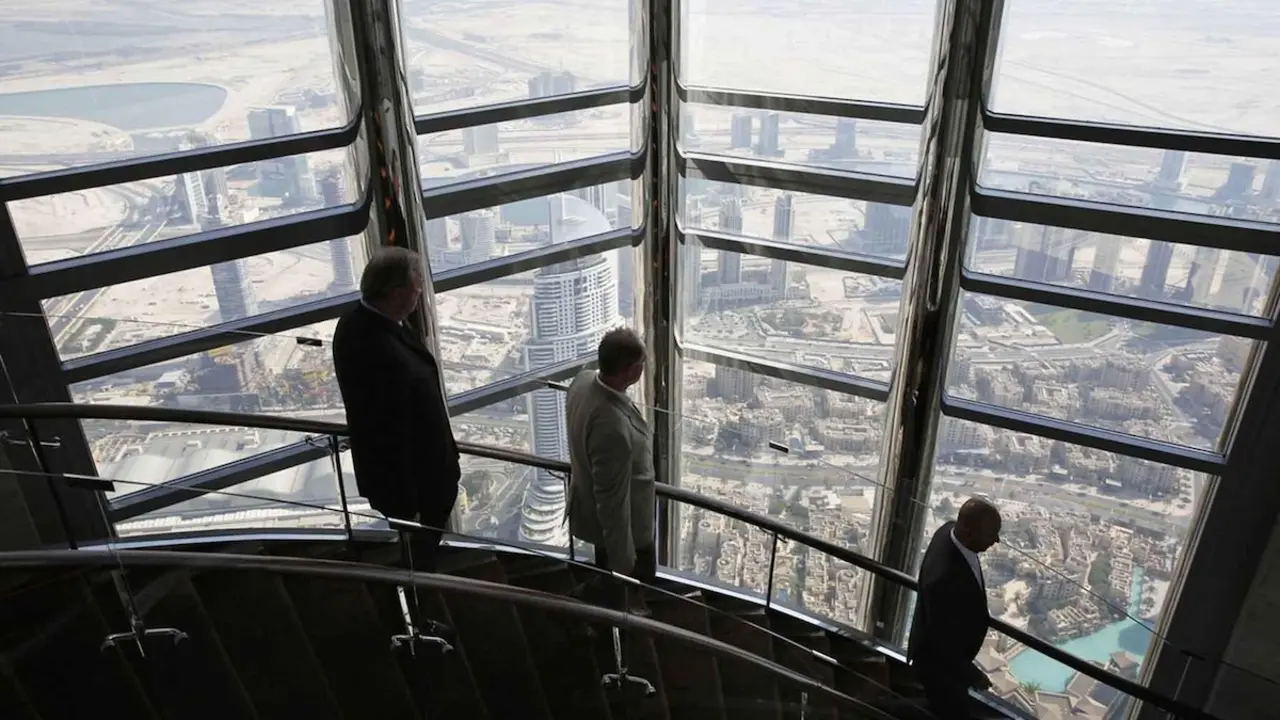Putin bans oil exports to countries that cap Russian crude prices

Russian President Vladimir Putin today signed a decree banning oil exports from 1 February 2023 to countries that impose a price cap on Russian crude oil.
The measure, which is in response to the $60 per barrel cap imposed on Russian crude by the European Union, the G7 and Australia because of Russia's military campaign in Ukraine, will apply until 1 July. In the case of petroleum products, the date on which the ban will be introduced will be decided by the Russian government, but not before next February.
The decree specifies that Russia will not honour oil supplies to natural or legal persons in cases of contracts that "directly or indirectly" include price cap mechanisms.
"The ban will apply during all stages of supply up to the final buyer," it stresses. The measures are taken "due to unfriendly actions and actions that contradict international law" taken by the US, foreign countries and other organisations, the document says. It adds that the aim of the decree is to safeguard Russia's national interests, while specifying that the Russian president reserves the possibility of introducing exceptions through a "special decision".
Last week Putin called the price cap "a colonial atavism", although he denied that Russia will lose money because of it. "They are used to stealing. But the world has changed, and they will hardly manage to do it nowadays," he said.
He also warned that artificially limiting prices could "destroy" the international energy market, since a reduction in investment in the sector could reduce supplies, which would cause prices to soar, with precisely those who want to introduce such mechanisms paying for it.
Previously, Russia warned that it could reduce oil extraction by 5-6 per cent early next year. "We are ready to partially reduce extraction. At the beginning of next year our reduction may be between 500,000 and 700,000 barrels per day," Russian Deputy Prime Minister Alexandr Novak told state television.








